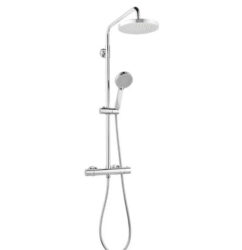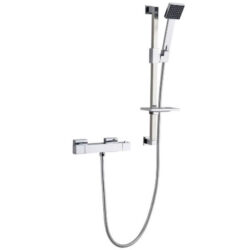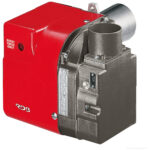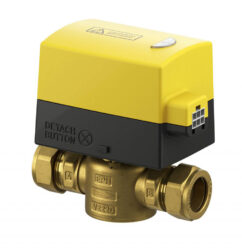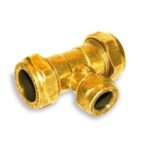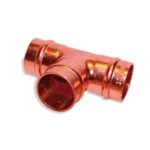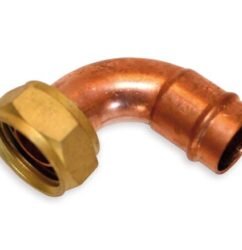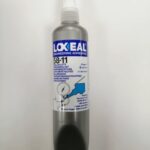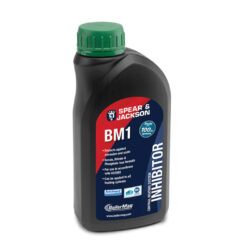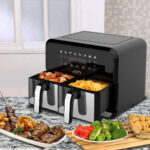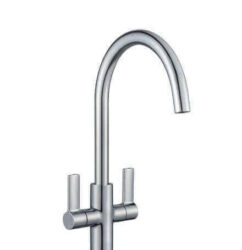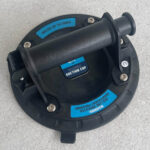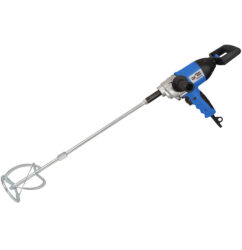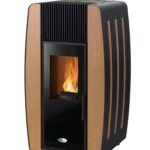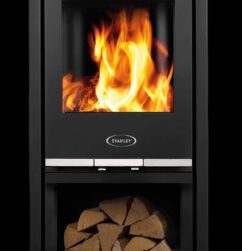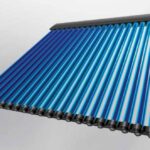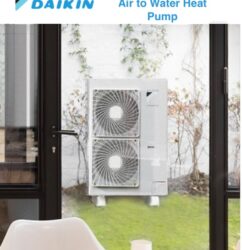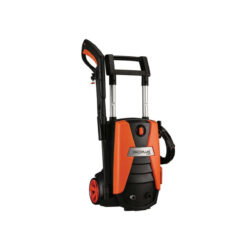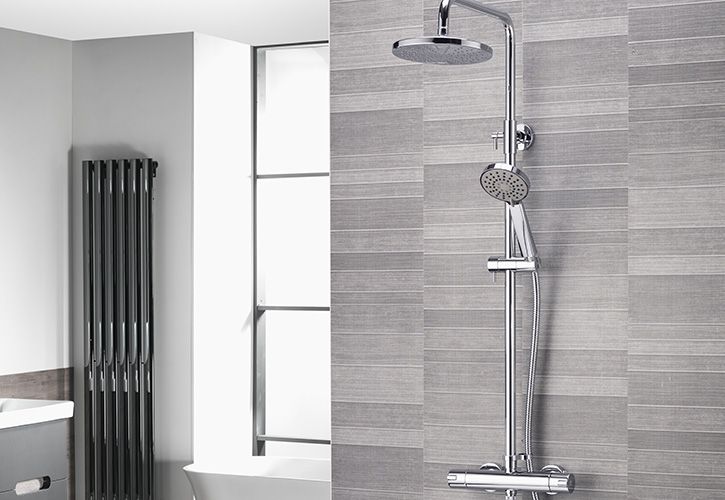Selecting the right heating boiler for your home is a critical decision that can significantly impact your comfort, energy efficiency, and utility bills. With numerous options available, it's essential to understand your specific needs and consider various factors before making a choice.
In this comprehensive guide, we will walk you through the key considerations to help you choose the perfect heating boiler for your home.
Understand Your Heating Needs
The first step in choosing the right heating boiler is to assess your home's heating requirements. Consider factors like the size of your home, the number of rooms, insulation, and your preferred heating temperature. This will help determine the boiler size and type that suits your needs.
Types of Heating Boilers
There are several types of heating boilers available, each with its advantages and disadvantages. Common types include:
a. Combi Boilers: These boilers combine both heating and hot water production in one unit. They are compact and suitable for smaller homes with one bathroom.
b. System Boilers: System boilers are ideal for homes with multiple bathrooms. They heat water and store it in a cylinder, ensuring a steady supply of hot water.
c. Conventional (Regular) Boilers: These boilers require a separate hot water tank, making them suitable for larger homes with high hot water demands.
d. Condensing Boilers: Condensing boilers are highly energy-efficient as they recover and reuse heat from exhaust gases. They are a good choice for environmentally-conscious homeowners.
Energy Efficiency
Opt for a boiler with a high energy efficiency rating. Look for the ErP (Energy-related Products) label, which provides information on a boiler's energy efficiency. A more efficient boiler can significantly reduce your energy bills and carbon footprint.
Fuel Type
The choice of fuel type depends on availability, cost, and environmental considerations. Common options include natural gas, oil, propane, and electric boilers. Natural gas is often the most cost-effective and environmentally friendly option in areas with gas infrastructure.
Space and Installation
Consider the available space for boiler installation. Combi boilers are compact and can be wall-mounted, while conventional and system boilers require more space for hot water tanks and cylinders. Ensure that your home's layout can accommodate the chosen boiler type.
Budget and Running Costs
Determine your budget not only for the boiler's purchase but also for installation and ongoing running costs. High-efficiency boilers may have a higher upfront cost but can lead to long-term savings through reduced energy consumption.
Warranty and Maintenance
Check the manufacturer's warranty and understand the maintenance requirements of the chosen boiler. Regular servicing is crucial to ensure optimal performance and longevity.
Professional Guidance
Seek advice from heating professionals or certified installers. They can assess your home's specific needs, recommend suitable boilers, and provide installation expertise.
Environmental Impact
Consider the environmental impact of your boiler choice. Condensing boilers and those running on renewable energy sources are more eco-friendly options.
Conclusion
Choosing the right heating boiler for your home is a significant decision that requires careful consideration. By understanding your heating needs, evaluating the various types of boilers, considering energy efficiency, and factoring in your budget, you can make an informed choice that ensures comfort and efficiency in your home while minimising energy costs and environmental impact.
Always consult with heating professionals for expert guidance and installation.


